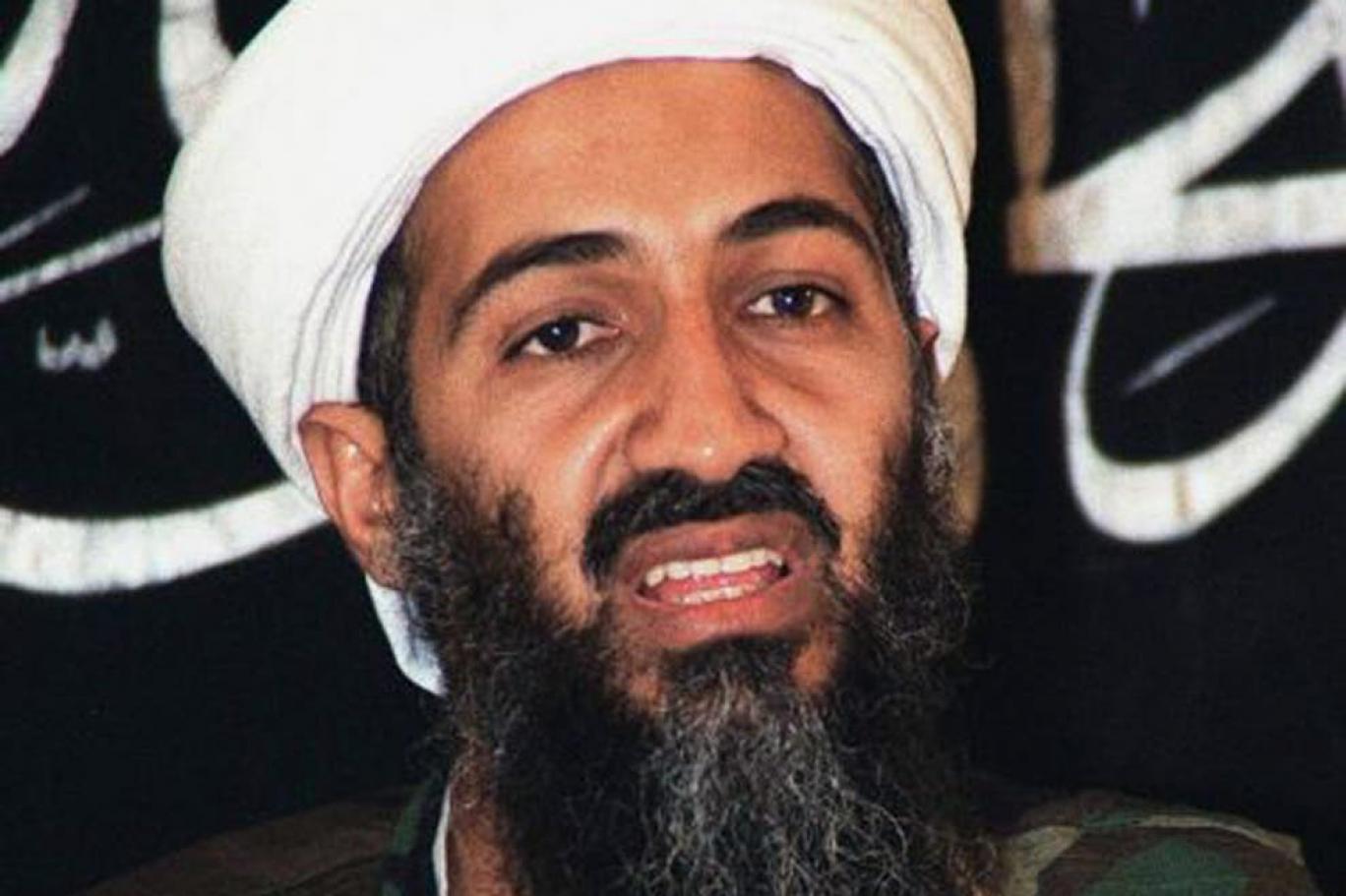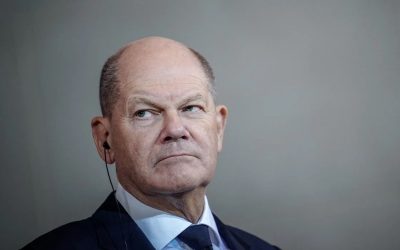Ties to Kabul Bombing Put ISIS Leader in Somalia in U.S. Cross Hairs
nytimes – Bilal al-Sudani’s financing of the ISIS branch in Afghanistan that killed 13 U.S. troops in 2021 elevated him on U.S. kill-or-capture lists.
WASHINGTON — Bilal al-Sudani was no stranger to American counterterrorism officials.Before joining the Islamic State affiliate in Somalia, Mr. al-Sudani was subjected to punitive sanctions by the U.S. Treasury Department in 2012 for his involvement with Al Shabab, Al Qaeda’s branch in the East African country.But it wasn’t until American officials started digging deeper into the background of another Islamic State branch, the one in Afghanistan that had carried out the deadly bombing at Kabul’s international airport in August 2021, that analysts fully realized Mr. al-Sudani oversaw a sprawling ISIS financial and logistical network across Africa, Europe and Afghanistan.
Mr. al-Sudani’s newly revealed role as the financier for the ISIS branch responsible for the death of 13 U.S. service members in Kabul rocketed him to the top ranks of U.S. counterterrorism kill-or-capture lists, senior American officials said. Last week, commandos from the Navy’s SEAL Team 6 killed him in an early-morning helicopter-to-ground raid in a remote cave complex in northern Somalia.“Al-Sudani helped to put money in the pockets of the same elements of ISIS-K responsible for Abbey Gate,” said a senior U.S. official, referring to ISIS-Khorasan and the Kabul airport location of the bombing.
The death of Mr. al-Sudani, whose Somalia-based headquarters coordinated trainers and funding for Islamic State affiliates in Afghanistan, the Democratic Republic of Congo, Mozambique and South Africa, underscores the group’s global connections and support structure, analysts say.Despite his killing, analysts point to ISIS’ resiliency nearly four years since the end of its so-called caliphate, or religious state, in Iraq and Syria as it leverages terrorist networks to sustain new and established affiliates.“Sudani’s death may temporarily disrupt this administrative network and the support reaching these affiliates, but is unlikely to dampen this support permanently,” the American Enterprise Institute’s Critical Threats Project said in an assessment this week.
Under intense military pressure by the United States and its local allies, the Islamic State’s leadership in Iraq and Syria has faced significant resource constraints in recent years, a sharp decline from the group’s peak as one of the best-financed terrorist organizations in the world.This led the Islamic State to direct its affiliates to pursue financial self-sufficiency, as several “offices” coordinate revenue generation and money laundering between affiliates and networks within regions, rather than money flowing from Iraq and Syria to branches around the world, according to a recent analysis in the Long War Journal, a website run by the Foundation for Defense of Democracies that tracks military strikes against militant groups.
ISIS has attempted to expand its influence in Africa through large-scale operations in areas where government control is limited. In announcing sanctions against four South African-based financiers for the group, the Treasury Department said last March that ISIS branches in Africa were relying on local fund-raising schemes such as theft, extortion and kidnapping for ransom, as well as financial support from the ISIS hierarchy.Somalia is better known as a sanctuary for Al Shabab, the terrorist group linked to Al Qaeda, than for the Islamic State. But the ISIS branch in the country has played an outsized role for the global terrorist organization despite having only 200 to 280 fighters.
The Islamic State’s Somalia wing includes a regional office called Al Karrar, which serves as a coordination hub for operations in the Democratic Republic of Congo, Mozambique, South Africa and the networks between them, Caleb Weiss and Ryan O’Farrell wrote in the Long War Journal analysis.With counterparts in West Africa, South Asia, Syria and elsewhere, the Al Karrar office oversees substantial fund-raising operations through extortion rackets and criminal activity in Somalia and South Africa, the analysis concluded.
But U.S. and other Western intelligence services have in the past year detected increasing ties between Al Karrar and ISIS Khorasan in Afghanistan. A United Nations report last July concluded that Al Karrar facilitated the flow of money to the Afghan affiliate through cells in Yemen, Kenya and Britain.The U.N. report said that ISIS Khorasan “uses these funds in the acquisition of weapons and to pay the salaries of fighters.”Before his death, Mr. al-Sudani was thought to play a key role in, or even direct, the Al Karrar office, officials said. “There’s evidence he was pulling the strings from East Africa,” said Heather Nicell, an Africa analyst with Janes, the London-based defense intelligence firm.




